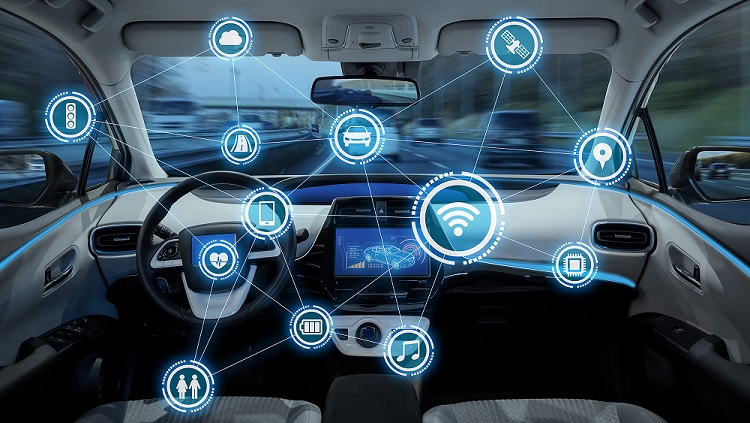As companies prepare to introduce driverless trucks onto the nation's roads, Amy Witherite, a prominent Texas attorney and founder of Witherite Law Group, is sounding the alarm on potential safety risks associated with autonomous vehicle technology.

Source: Texas CAV Task Force
With six states considering stricter regulations following instances of technology failures resulting in fatalities and serious injuries, Witherite is urging policymakers and industry leaders to prioritize safety above all else.
Recent incidents — including — underscore the urgent need for caution in deploying driverless technologies, says Witherite, who emphasizes that the stakes are particularly high when it comes to large commercial vehicles like tractor-trailers, which pose a greater risk in the event of a technology failure.
As an example, Witherite refers to Alphabet's recall of 444 Waymo self-driving vehicles due to software errors. In a February 13 statement Waymo said, "We voluntarily filed a recall report with the National Highway Traffic Safety Administration (NHTSA) for software that was previously on our fleet. We chose to do this after consultation with NHTSA and our own internal review of two incidents that occurred in a rare scenario in Phoenix on December 11, 2023, which resulted in no injuries and minor vehicle damage. Our entire fleet was updated with software to address this rare issue between December 20, 2023 and January 12, 2024."
However, Waymo also mentioned recent research finding that "the Waymo Driver's performance led to a significant reduction in the rates of police-reported and injury-causing crashes compared to human drivers in the cities where we operate."
"As an attorney and citizen who shares the highway with these vehicles, I am genuinely concerned about safety," says Witherite. "The technology is not proven yet. No one has shown computers are safer than human beings. They may get there at some point, but they are not there yet. Not even close!"
Witherite also points to the acknowledgment of industry leaders like Volvo Autonomous Solutions, which recognizes the immense challenges of perfecting autonomous transport.
"Creating autonomous transport is proving hard to perfect," says a Volvo spokesman in Robotics & Automation News. "Automation has struggled because engineers are trying to get autonomous vehicles to work everywhere with all the variables of life – cars, trucks, bikes, people, dogs, cats, you name it. Solving all of these issues at the same time is an enormously complex challenge, even for the world's biggest automotive and technology companies."
The complexities of navigating varied environments and interacting with diverse road users make achieving reliable and safe driverless operations a formidable task.
In Texas, where driverless trucks are set to hit major highways, Witherite poses a critical question: "Do we act now, or do we have to wait for a catastrophic accident for the state to act and demand safe drivers in the cab of these highly automated trucks until their reliability and safety have been proven?"




